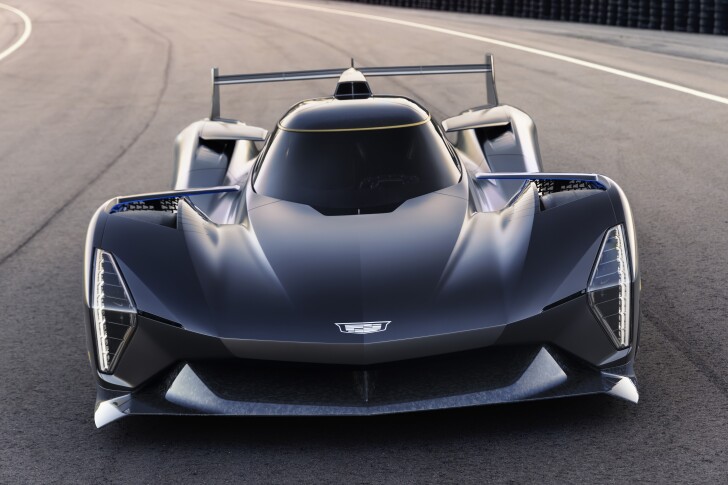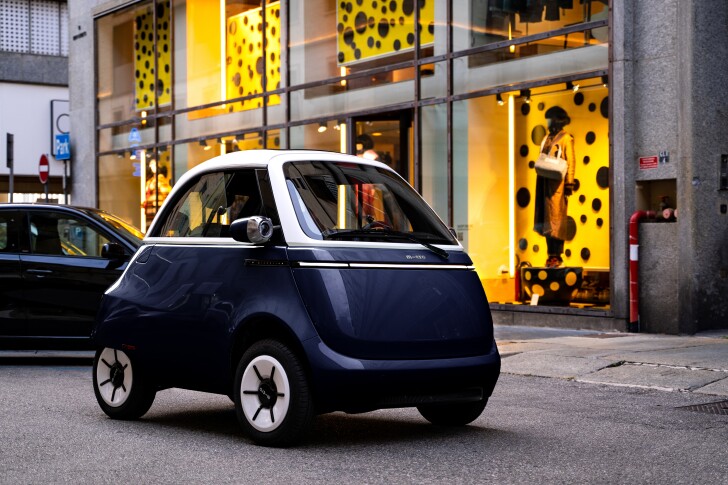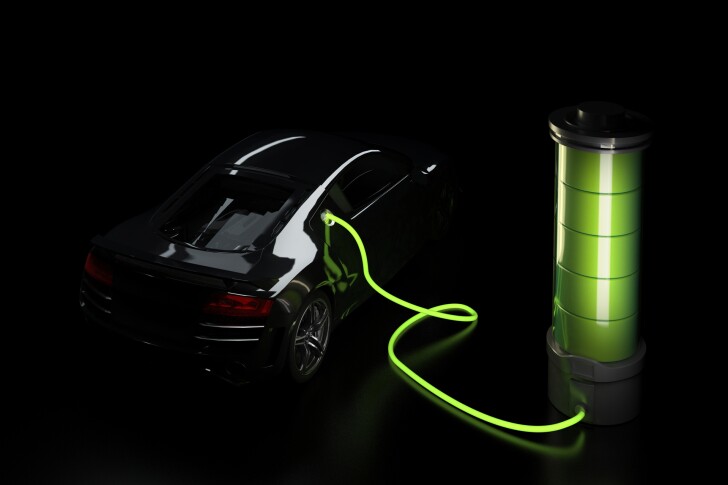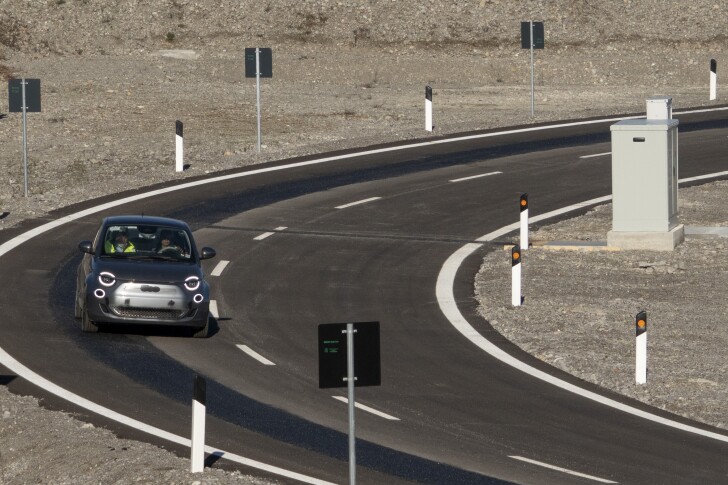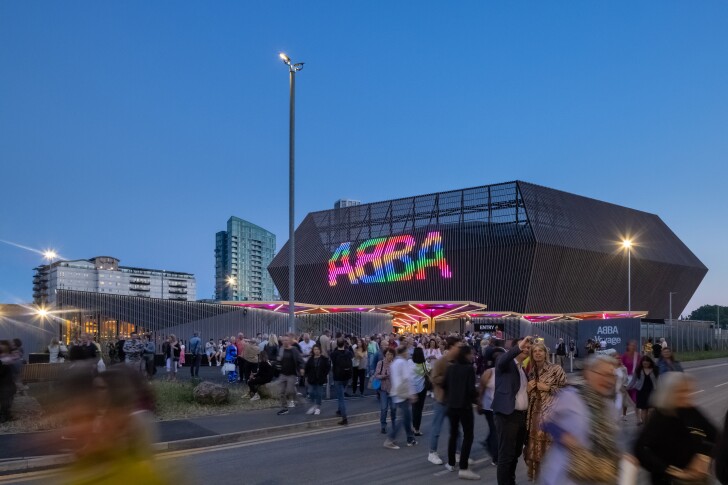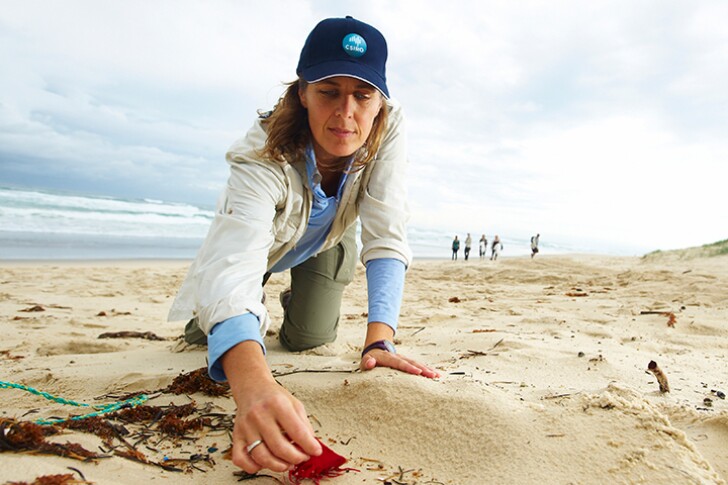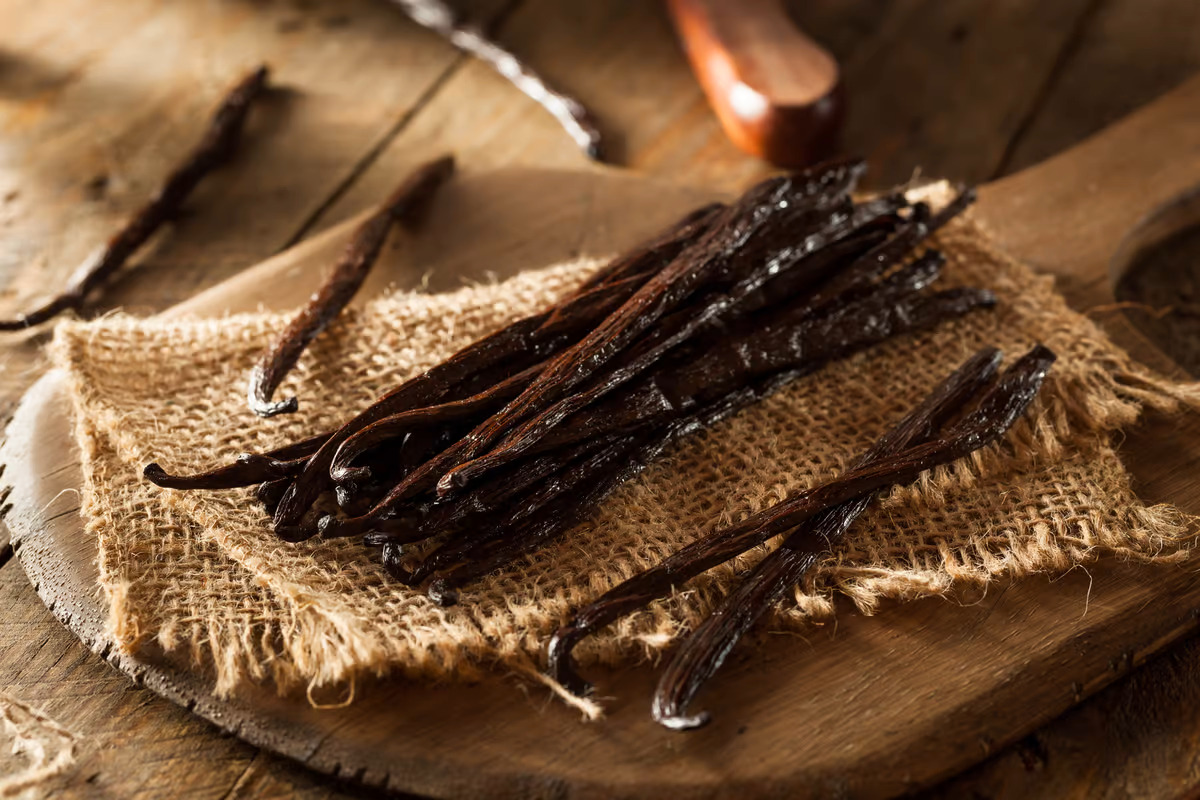
An extract from vanilla beans could be the key to an environmentally friendly form of plastic. Depositphotos
The organic compound at the center of this breakthrough is vanillin, which is the main chemical component of vanilla bean extract. While it is a common flavoring agent, it is also used in herbicides, cosmetics and cleaning products, and the authors of this new study have discovered it might also have a role to play in environmentally friendly forms of plastic.
The team used vanillin as the basis for novel cross-linked polymers making up the bioplastic, with the vanillin derivative they developed able to absorb light at 300 nm. Crucially, this specific wavelength of UV light isn’t contained within the spectrum of regular sunlight, eliminating the risk of inadvertent degradation. When subjected to this form of light, the vanillin derivative enters an excited state and a chemical reaction takes place that triggers degradation of the polymer.
In addition to degrading on demand, the bioplastic can also be reduced to its building blocks, with the scientists able to recover 60 percent of the monomers that could then be used to rebuild polymers with no reported loss in quality. This means the vanillin-based bioplastic could not just be degraded with light to eliminate waste, but also upcycled into equally high-performance plastic products.
Interestingly, this isn’t the first time we’ve seen vanillin implicated in plastics research, with a study last year demonstrating how plastic bottles can be converted into the compound with the help of engineered bacteria.
The research was published in the journal Angewandte Chemie.
Source: Wiley via EurkeAlert
–
–










